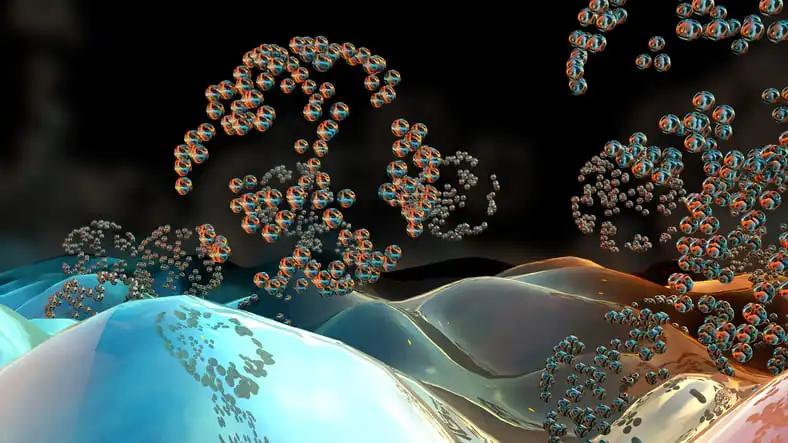KEY TAKEAWAYS
- The NRG258 trial aimed to evaluate chemoradiotherapy for locally advanced endometrial cancer compared to chemotherapy alone.
- Primary endpoint aimed to determine extended relapse-free survival by adding 6 months of chemoradiotherapy to chemotherapy for stage III/IVA endometrial carcinoma. Secondary endpoints included overall survival, toxic effects, and quality of life assessment.
- The study revealed that chemoradiotherapy did not improve overall survival compared to chemotherapy across various subgroups.
The phase 3 NRG258 trial assessed whether the combination of systemic cisplatin-based chemotherapy and tumor volume–directed radiation therapy would lead to better outcomes in terms of both the absence of cancer recurrence and overall survival, as compared to using carboplatin/paclitaxel chemotherapy alone 50 mg/m2 in patients (pts) with surgical stage III/IVA endometrial cancer.
Of the 813 enrolled pts, approximately 75% in each treatment group had either stage IIIC1 or IIIC2 disease. The pts were randomly divided into two arms: one arm received a combination of chemotherapy and radiation therapy (chemoradiotherapy), while the other arm received chemotherapy alone. In the experimental arm, patients were treated with cisplatin with 50 mg/m2 dosage on days 1 and 29, along with radiation therapy at a dose of 45 Gy targeted at the tumor volume, with or without additional brachytherapy. This was followed by carboplatin dosed to achieve an area under the curve (AUC) of 5 and paclitaxel 175 mg/m2 dosage every 21 days for four cycles. In the chemotherapy-alone arm, pts received carboplatin to achieve an AUC of 6 and paclitaxel at a dose of 175 mg/m2 every 21 days for six cycles.
The initial analysis, conducted after a median follow-up period of 47 months, revealed that after 60 months, the percentage of pts who were alive and had not experienced a cancer recurrence was similar between the two arms: 59% in the chemoradiotherapy arm and 58% in the chemotherapy-alone arm. The hazard ratio (HR) was 0.90, with a 90% confidence interval (CI) of 0.74 to 1.10 and a p-value of 0.20. Although chemoradiotherapy was associated with a lower 5-year incidence of recurrence in the vaginal area (2% vs. 7%) and in the pelvic and para-aortic lymph nodes (11% vs. 20%) compared to chemotherapy alone, distant recurrences were more frequent in patients treated with chemoradiotherapy (27% vs. 21%; HR = 1.36).
In the latest analysis, conducted after a median follow-up period of 112 months, 134 deaths were observed in the chemoradiotherapy group and 125 deaths in the chemotherapy-alone group. The hazard ratio for overall survival was 1.05, with a 95% CI of 0.82 to 1.34. Chemoradiotherapy did not enhance overall survival compared to chemotherapy in any subgroup, regardless of disease stage, tumor histology, body mass index, presence of residual disease, or patient age.
Source: https://sgo.planion.com/Web.User/SesDet?ACCOUNT=SGO&CONF=AM2023&USERPID=PUBLIC&SCHEDID=285354,
https://pubmed.ncbi.nlm.nih.gov/31189035/
Clinical Trial: https://classic.clinicaltrials.gov/ct2/show/NCT00942357
Matei D, Filiaci V, Randall ME, Mutch D, Steinhoff MM, DiSilvestro PA, Moxley KM, Kim YM, Powell MA, O’Malley DM, Spirtos NM, Small W Jr, Tewari KS, Richards WE, Nakayama J, Matulonis UA, Huang HQ, Miller DS. Adjuvant Chemotherapy plus Radiation for Locally Advanced Endometrial Cancer. N Engl J Med. 2019 Jun 13;380(24):2317-2326. doi: 10.1056/NEJMoa1813181.



